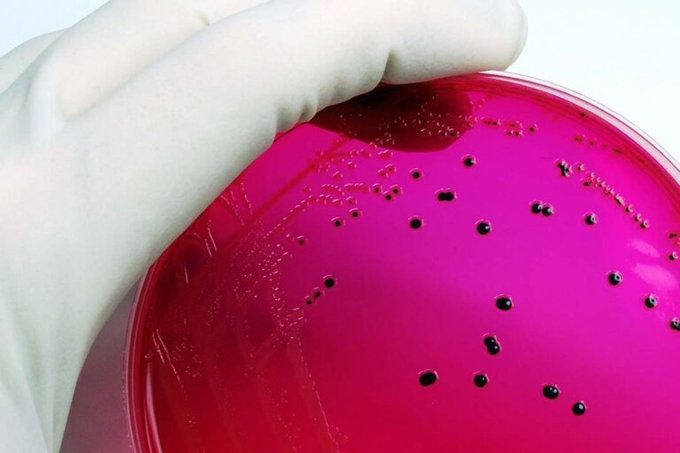June 21, 2025 | 01:27 GMT +7
June 21, 2025 | 01:27 GMT +7
Hotline: 0913.378.918
June 21, 2025 | 01:27 GMT +7
Hotline: 0913.378.918
The FSA doubts whether risk mitigation measures put in place by Poland are sufficient to control the contaminations.

The FSA wants to know the plans the EU Commission and Poland have in place to resolve the ongoing threat of Salmonella to UK public health. Photo: Canva
The FSA has written to the Crisis Preparedness in Food, Animals and Plants department of the Directorate General for Health and Food Safety of the European Commission to ask for an update on the plans the EU Commission and Poland have in place to resolve the issue and resolve the ongoing threat to UK public health. The letter was sent in December but recently made public after an Freedom of Information request.
“You will be aware that outbreaks of Salmonella enteritidis linked to Polish poultry meat, poultry products, and eggs have been ongoing in the UK since 2016. Since 2019, the UK has detected 6 significant outbreaks, resulting in around 2,680 human cases and several deaths. We have written to you previously seeking assurance that suitable risk mitigation measures be implemented to control this issue,” the FSA says.
In August 2022, the British food safety authority understood that the situation had improved following the introduction of enhanced control measures within Poland. “However, we are again seeing an increase in reports of Salmonella-contaminated poultry products from Poland being placed on the UK market.”
From May to November 2023, a total of 66 cases were reported. Therefore, the FSA says it is increasingly concerned that the risk mitigation measures put in place by Poland are not appropriately controlling Salmonella contamination as is required.
The FSA now asks for a comprehensive review of the controls implemented to date, including the outcome of actions taken so far. Furthermore, it demands information on the measures and systems that will be introduced to prevent products contaminated with Salmonella being exported to the UK.
Owing to the significant public health risks posed to the UK by affected Polish products, the FSA is considering the options available to protect UK consumers. This includes the potential for safeguard measures on affected products. The FSA ends by saying it would be happy to arrange a technical meeting between relevant officials to discuss how best to resolve this issue.
(PW)

(VAN) Poultry production in Poland, which has only started recovering from devastating bird flu outbreaks earlier this year, has been hit by a series of outbreaks of Newcastle disease, with the veterinary situation deteriorating rapidly.

(VAN) Extensive licensing requirements raise concerns about intellectual property theft.

(VAN) As of Friday, a salmonella outbreak linked to a California egg producer had sickened at least 79 people. Of the infected people, 21 hospitalizations were reported, U.S. health officials said.

(VAN) With the war ongoing, many Ukrainian farmers and rural farming families face limited access to their land due to mines and lack the financial resources to purchase needed agricultural inputs.

(VAN) Vikas Rambal has quietly built a $5 billion business empire in manufacturing, property and solar, and catapulted onto the Rich List.

(VAN) Available cropland now at less than five percent, according to latest geospatial assessment from FAO and UNOSAT.

(VAN) Alt Carbon has raised $12 million in a seed round as it plans to scale its carbon dioxide removal work in the South Asian nation.